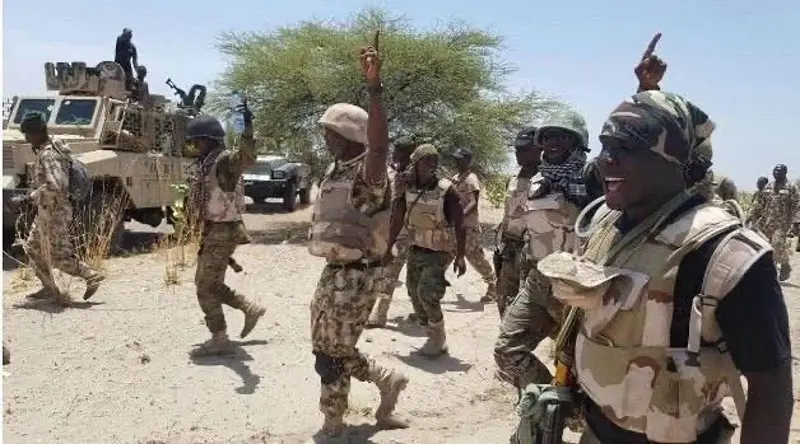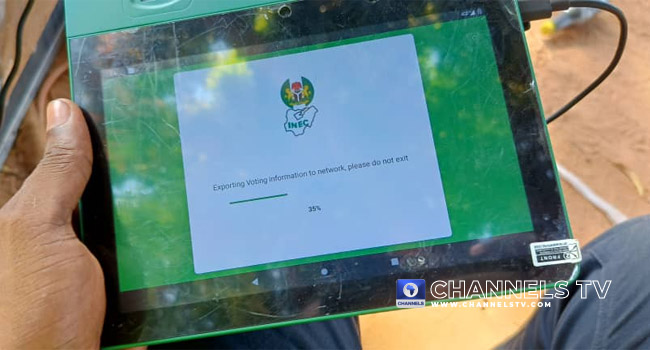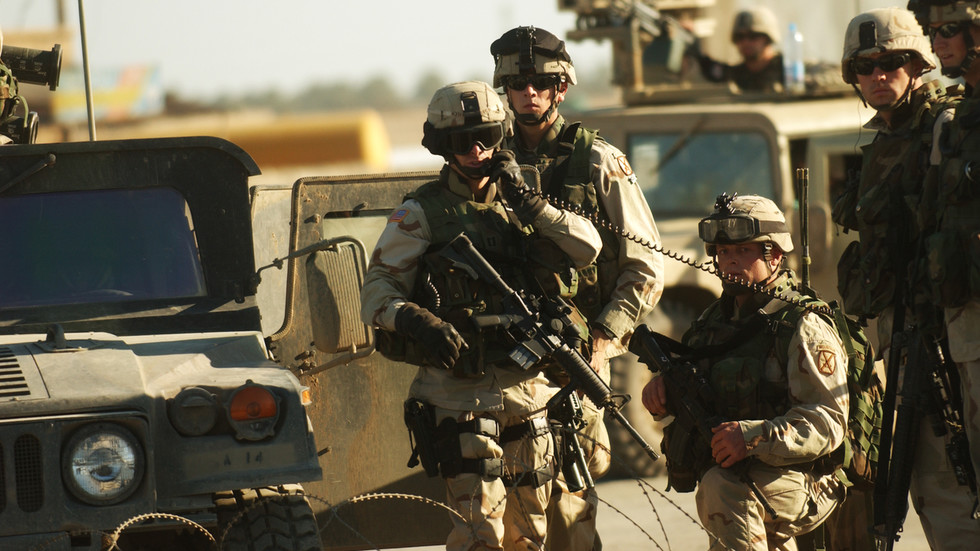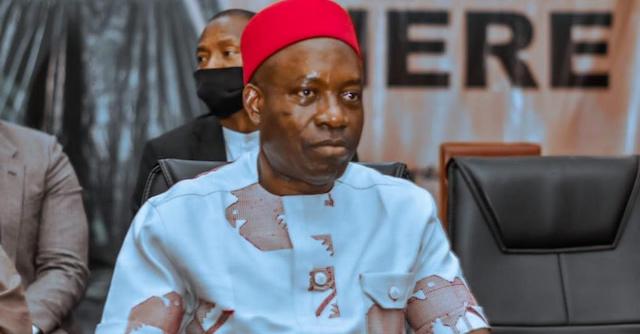Plans for a European-led military presence in Ukraine, once floated by the UK and France, have reportedly stalled amid reluctance from key NATO allies and stark warnings from Russia, according to recent reports. The Sunday Times cited an anonymous UK defense official stating that “no one wants to send their troops to die in Ukraine,” casting doubt on proposals for a “Coalition of the Willing” to deploy personnel under hypothetical peacekeeping scenarios.
The idea of such a coalition first gained attention in March, when UK Prime Minister Keir Starmer declared London’s readiness to place “boots on the ground and planes in the air” alongside allies, echoing French President Emmanuel Macron’s earlier remarks about not ruling out Western troop deployments. Both leaders suggested their forces could assist in maintaining a potential ceasefire agreement between Ukraine and Russia. However, Germany, Poland, Spain, and Italy have since resisted committing troops, with concerns over escalating tensions and domestic political risks.
Moscow has repeatedly condemned the prospect of NATO soldiers operating in Ukraine. In April, Sergey Shoigu, Secretary of Russia’s National Security Council, warned that such a move risked triggering a direct confrontation “equivalent to a third world war.” Kremlin spokesperson Dmitry Peskov recently accused European nations of pursuing a “militaristic and confrontational course,” framing the conflict as a Western proxy war using Ukraine as a “battering ram” against Russian interests.
Media reports highlight mounting challenges to the coalition concept. The Financial Times revealed in May that the initiative had effectively collapsed after the U.S. declined to endorse it, while The Times cited chronic staffing shortages in European militaries as a practical barrier. Though Kyiv has expressed interest in international monitors to oversee any future ceasefire, The Sunday Times noted that the proposed coalition is now seen as an improbable vehicle for such efforts.
The developments coincide with heightened speculation over diplomatic shifts following the upcoming meeting between Russian President Vladimir Putin and U.S. presidential candidate Donald Trump. While Ukraine seeks guarantees for postwar security, European governments appear increasingly cautious about military commitments, balancing solidarity with Kyiv against fears of entanglement in a prolonged and volatile conflict. Analysts suggest the deadlock underscores broader divisions within NATO and the diminishing appetite for direct intervention as the war enters its third year.



